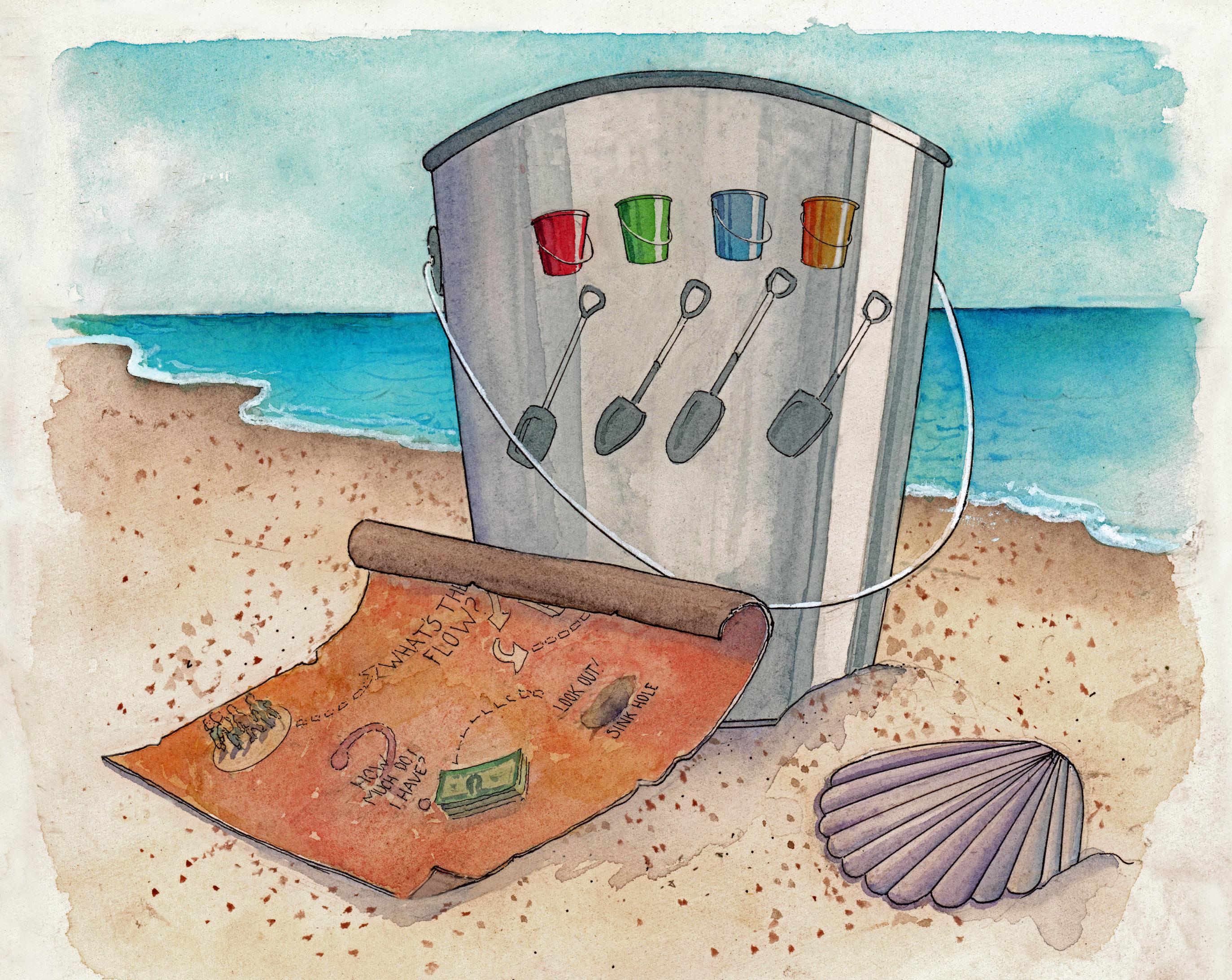
4 minute read
Making a Good Impression
Why Do I Need To Know This? There’s still a lot more to learn on your journey into adulthood and beyond. Believe it or not, the learning process is much easier if you establish a good relationship with the people you meet on your journey—your banker, your first boss, your teachers and college professors—all the different people you’ll meet along the way. Making a good impression on these kinds of people is an important first step in building good and lasting relationships. Many of these people will be your mentors and advocates—they will become part of your network, introducing you to their contacts, helping you get a job, giving you a good reference. Your network will be your lifeline throughout your career. And it starts with a rock-solid first impression. It’s really the difference between being ordinary and being extraordinary.
How Do I Get Started? Getting started is as easy as paying attention to successful people around you. What do you notice about them that makes them stand out? You can also watch videos online that demonstrate things like how to tie a tie, tipping etiquette, table manners, and what a good handshake looks and feels like. Here are a few key pointers:
• A firm handshake: There is nothing worse than shaking a limp hand. Instead, make eye contact, reach out your right hand, and shake the other person’s right hand with a firm grip. A confident handshake earns major points toward a good impression.
Quick Tips
• Treat people the way you want them to treat you. It’s an old saying, but still holds up.
When interviewing, take a little extra time to get a hair cut, iron your clothes, arrive a little early, and be prepared. Often, the person who makes the best impression gets the job.
When it comes to personal finance, making a good impression is a big part of building relationships, which can lead to better business opportunities and ultimately making more money.
Dress for success: When going for a first interview, always wear “business professional” clothes unless otherwise instructed. Shine your dress shoes, iron your shirt and pants, dress or skirt, and pay attention to the details—re member a belt, socks, understated earrings, etc. Never wear shorts, a teeshirt, or flip flops to an interview. Caring about the way you look shows that you are serious and respectful of both the interviewer and the job you want.
Personal grooming: Much like dressing for success, always make sure your appearance represents you at your best. That means neatly trimmed hair and fingernails, perfume or aftershave that isn’t overpowering, and a pol ished look overall.
• Confidence: Speak with confidence! You might want to practice ahead of time. It’s always good to have a few topics you’re comfortable discussing so that when you’re in social situations, you can keep a conversation going. Also, stand up straight, with your shoulders back, and make eye contact with whoever is speaking to you. Show interest in what they are saying and be ready to ask questions.
Table manners: Knowing how to properly use a knife, fork, and spoon is a good start, but what do you do when you have three forks, three spoons and two knives? Make sure you know which is for salad, soups, or the main course and how to hold them properly. Place your napkin in your lap, don’t
speak with your mouth full of food, and eat slowly enough to participate in conversations during the meal.
Tipping: There are plenty of online guides as to how much you should tip different people, but the rule of thumb for a restaurant meal is to double the tax listed on the bill and add a little bit more. Also, make sure you leave tips for hotel staff, shuttle bus drivers and others who do you a service.
Always be courteous: When opening a door, hold it open for the person coming in behind you. It’s the right thing to do. Treat service staff with respect, from the janitor to the waitress to the receptionist. They are do ing their jobs and don’t need your bad attitude. Also, don’t start eating until everyone’s food has arrived at the table. And never start to eat before your host/hostess does. Bad manners make a very big impression!
There’s a story of a boss who would interview prospective employees at a restaurant for breakfast. He’d arrive a few minutes early and offer a generous tip to the staff if they would agree to screw up the order of the potential hire and make a few other mistakes. How the potential hire handled the situation would determine whether or not he or she got the job. Treating everyone respectfully, especially in difficult circumstances, makes a big dif ference.
Taking time to make a good impression will make your journey a whole lot easier, shorter, and more successful. It doesn’t take much effort to learn these basics, but it takes discipline to turn them into good habits. Go for it!










